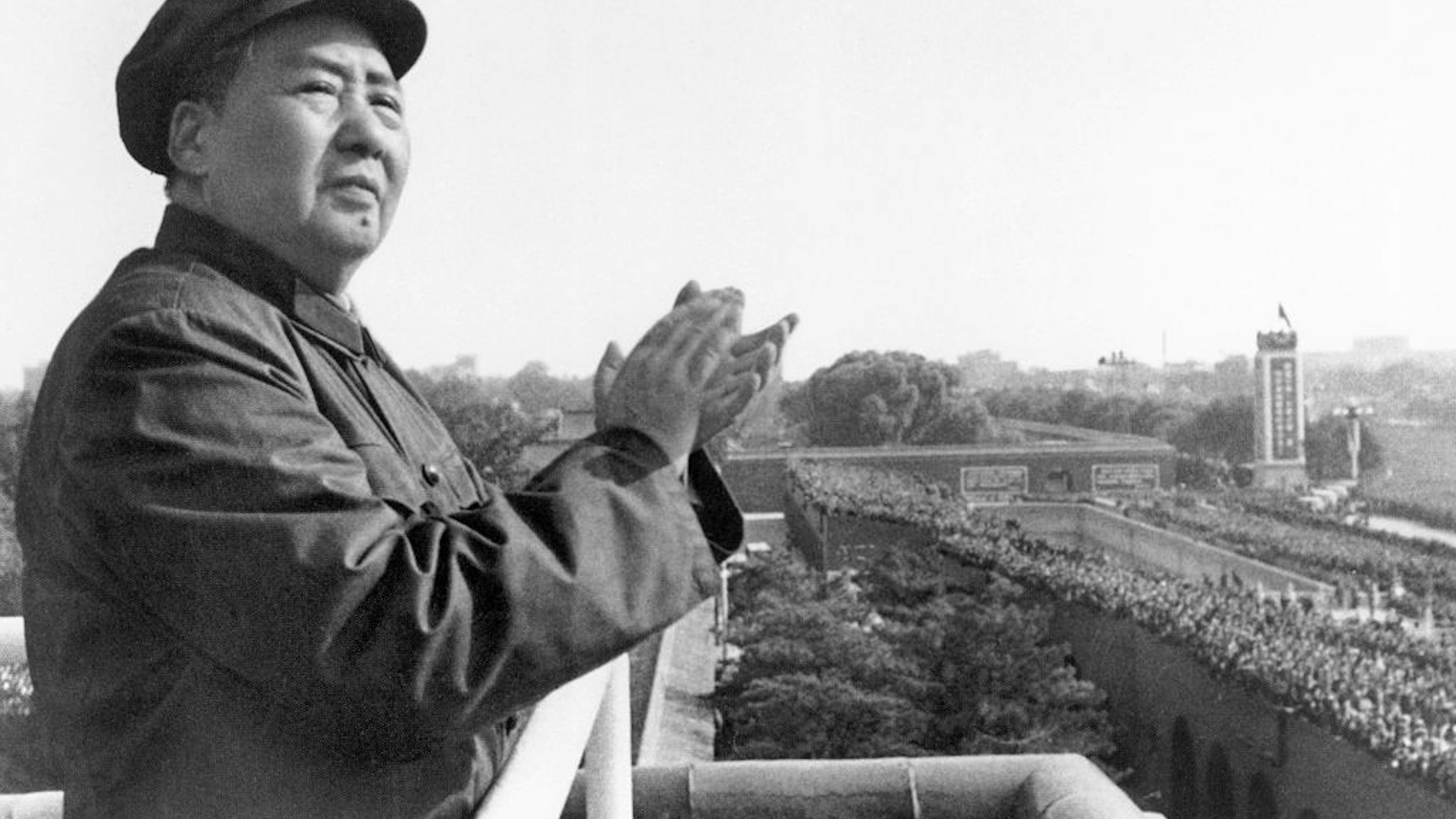The latest video from PragerU is brought to us by Helen Raleigh, author of “Confucius Never Said,” who answers the question, “How did one of the world’s poorest countries — China — become, in thirty years, one of the world’s richest?”
“There’s a one-word answer,” Raleigh says. “Capitalism.”
“In 1949, the Chinese Communist Party (CCP) defeated the Nationalist party in a brutal civil war,” Raleigh explains. “The leader of the CCP, Mao Zedong, promised the Chinese people that he would create a new China, a socialist paradise where the benevolent state would take care of every citizen’s needs from shelter to education to employment.”
This supposedly meant no more greedy businessmen, that factories would be owned by the workers, that there would be no more evil landowners, that the state would own all property on behalf of the people, that there would be an end to hunger, and that everyone could eat as much as they wanted in public cafeterias.
In order to achieve this heaven-on-earth, Raleigh says that “Mao launched radical socialist reforms. Industries were nationalized, private businesses were eliminated, and land was confiscated.”
However, rather than achieving the promised goal, “these policies turned China into a hell-on-earth.”
“Healthcare was cheap but there was a chronic shortage of doctors, hospitals and modern medicine,” Raleigh says. “No one was unemployed because the government gave each person a job. But if you didn’t like the job you were assigned, well, that was just too bad. Your government-assigned job was tied to your food ration. No work, no food.”
Soon after Mao took power, widespread food shortages began. “My own parents had to get up at 3 o’clock in the morning to stand in long lines outside of a grocery store to get a pound of sugar or several ounces of cooking oil,” Raleigh recalls. “Often, they got nothing.”
“Every year was worse than the last,” Raleigh continues. “Between 1958 and 1962, China experienced the worst famine in human history. An estimated 45 million Chinese starved to death, victims of their own government’s murderous stupidity.”
“Among the lives lost were my uncle, my grandaunt and her family of five, and my dad’s maternal grandmother,” Raleigh adds.
When Mao died in 1976, “more than 90% of the Chinese population lived below the poverty line, earning less than $2 a day,” with the only equality achieved by socialism being an equal distribution of misery.
Raleigh then says that “Mao’s successor, Deng Xiaoping, recognized that this couldn’t go on much longer,” and that “the only way to save the CCP’s one-party rule was to get the economy going.”
But, Raleigh notes, Deng had no idea how this could be achieved.
“Fortunately for him,” Raleigh explains, “a small group of farmers did.”
“In 1978, these farmers, 18 of them in the village of Xiaogang, made a secret deal with their village leader. After fulfilling the government quotas, they would be allowed to keep any surplus for themselves and sell what they didn’t need.”
“Such a move was risky,” Raleigh says, “because it was a rejection of the CCP’s socialist policies. But the result was magical. The first year after this deal went into effect, the 18 farmers produced more grain than the entire village had produced in the previous 10 years combined.”
This “Xiaogang model” began to spread to other villages. When Deng heard of it, instead of punishing the farmers, “he had the good sense to recognize that these simple peasants had shown him how to revive China’s economy.”
This lead Deng to announce sweeping economic reforms, Raleigh explains. “He opened up China to the outside world, inviting foreign investments, and most importantly, loosening the government’s grip on the Chinese people,” and the results were nothing less than astonishing.
“The freer the Chinese economy became, the wealthier the Chinese people became,” Raleigh states. “In the space of three decades, 800 million Chinese people emerged out of poverty. Chinese cities now match and exceed the greatest cities of the West, skyscraper for skyscraper.”
While the CPP likes to congratulate itself for this economic miracle, “the real credit should go to free-market capitalism and 18 brave farmers who risked their lives to give it a try,” Raleigh argues.
“In recent years, China’s growth has slowed precisely because the current CCP leadership has moved back to a model that asserts ever more government control. The country is becoming less free with each passing year,” Raleigh says. “The CCP uses technology such as facial recognition, surveillance cameras and control of the Internet to monitor its citizens every move. More and more there are signs that the CCP is reverting to its Maoist past.”
“That’s bad for China,” Raleigh concludes. “And bad for the world.”
PragerU is the world’s leading educational nonprofit focused on changing minds through the creative use of digital media. You can make a tax-deductible donation here to help PragerU continue to reach millions of young people with their videos.

